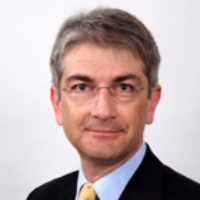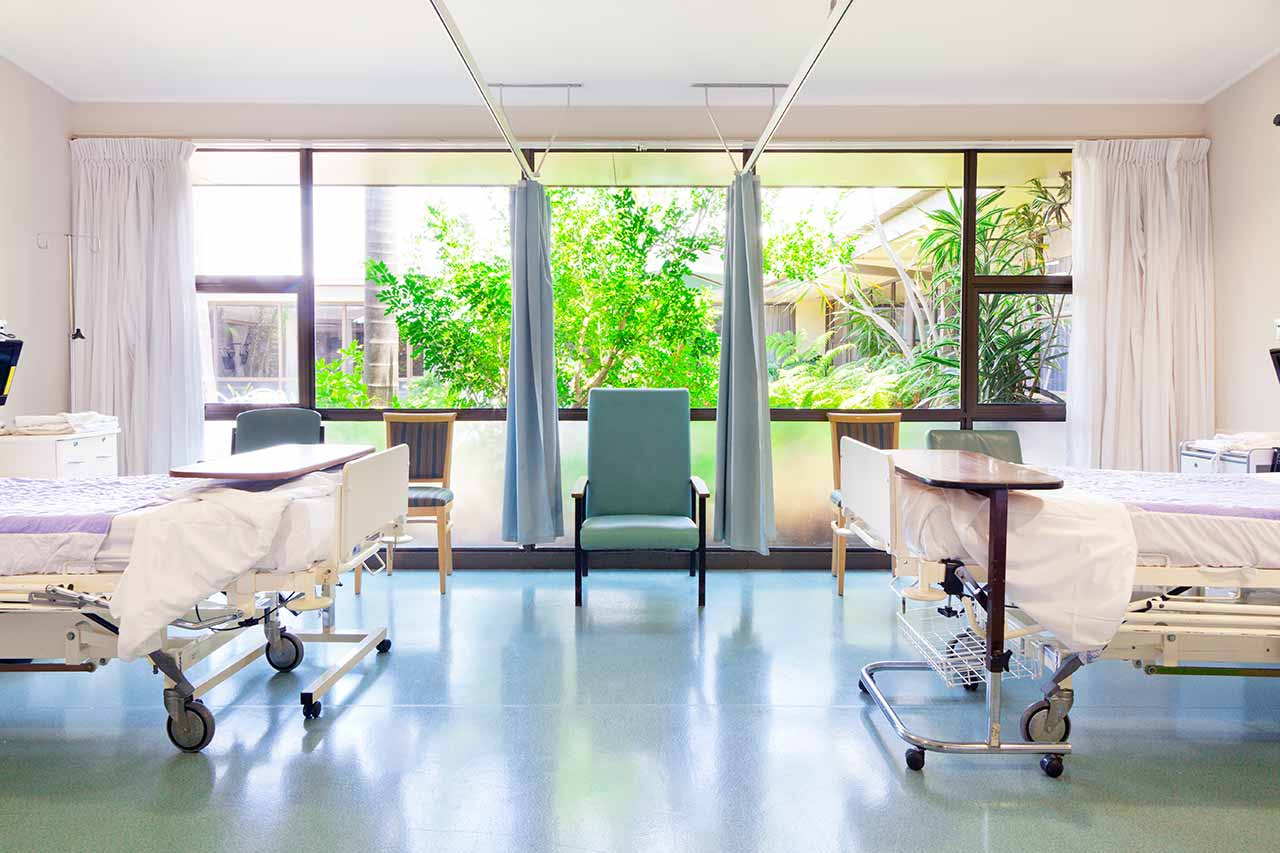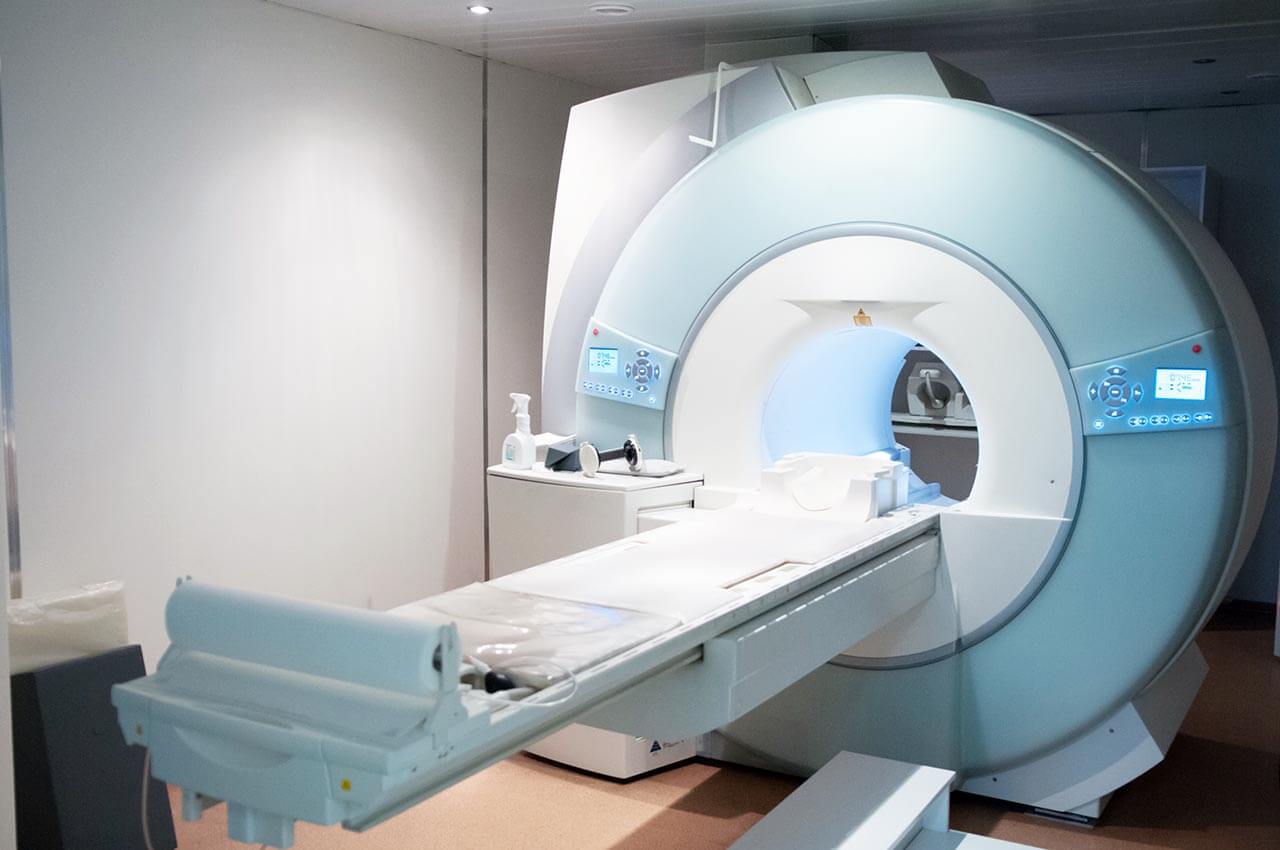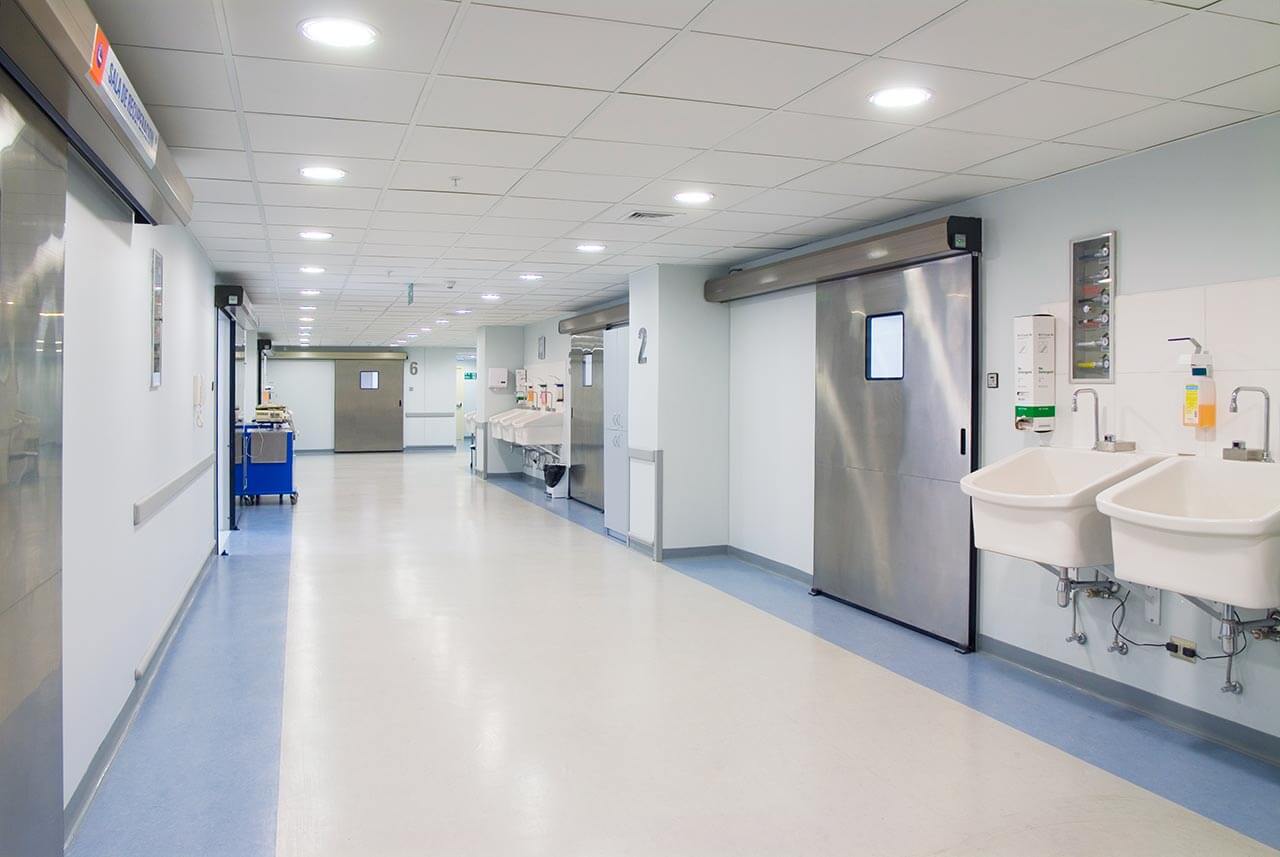
About the Department of Transplant Surgery at University Hospital Saarland Homburg
The Department of Transplant Surgery at the University Hospital Saarland Homburg offers patients the transplantation of internal organs in accordance with the requirements of modern university medicine. The department successfully performs high-tech liver, lung, and kidney transplants. In cooperation with doctors from the Department of Adult and Pediatric Ophthalmology, corneal transplants are also performed. The medical facility began its clinical practice in 1984 and has invaluable experience in helping patients with complex diseases of the kidneys, liver, and lungs. The department's transplant surgeons cooperate closely with specialists in nephrology, hepatology, and pulmonology, whereby they jointly plan the patient's treatment and follow-up care based on the particular clinical case. The department's surgeons are proficient in advanced techniques, which, in combination with state-of-the-art equipment, allows them to achieve excellent results. The department is headed by Prof. Dr. med. Danilo Fliser.
The department is known for its colossal experience in kidney transplants for patients with advanced chronic kidney failure. Such operations have been performed here since 1984. During this time, the doctors at the medical facility have performed more than 550 transplants. Transplant surgeons and nephrologists cooperatively participate in the treatment of patients. Nephrologists perform comprehensive diagnostics on patients prior to surgery and follow-up care afterward. Along with kidney transplants from a deceased donor, transplants from a related or unrelated donor are also performed here. A standard kidney transplant involves taking an organ from a donor, removing the patient's diseased kidney, and transplanting a healthy organ. Since 2010, the department's surgeons have been taking a donor kidney using the da Vinci surgical system. It should be noted that robot-assisted interventions are today the most sparing type of surgery and are successfully used in advanced European medical centers. The duration of a kidney transplant is 3-4 hours. After that, the patient is transferred to the Intensive Care Unit, where he is under close medical supervision. After stabilizing the patient's condition, the patient is transferred to a regular patient room, where he receives medical treatment aimed at preventing rejection of the new organ.
The department can also be proud of the excellent results in liver transplants. Such operations are performed for malignant liver tumors, for the advanced stage of cirrhosis, or for acute liver failure. The department's specialists perform both transplantation of the entire organ and transplantation of a part of the liver from a living donor. Liver transplantation refers to operations of the highest complexity. The first stage of the operation involves the removal of the affected liver along with a fragment of the inferior vena cava. After that, surgeons close the blood vessels that supply the liver and implant shunts to pump blood from the inferior vena cava to the heart. A donor organ or a part of it is transplanted to the place of the removed liver, after which the surgeon connects the blood vessels to restore normal blood supply to the new liver. The duration of the operation is 8-12 hours. Liver transplantation is considered one of the most complex operations and requires high professionalism from surgeons. Therefore, such interventions are performed only in the world's best hospitals.
The department's surgical options are complemented by lung transplants. It is a last-line treatment for patients with chronic obstructive pulmonary disease, idiopathic pulmonary fibrosis, alpha-1 antitrypsin deficiency, and pulmonary hypertension. The essence of lung transplant surgery does not differ from other organ transplants. It involves the removal of the affected organ and its replacement with a donor lung. After the operation, a patient receives conservative treatment (first in the Intensive Care Unit and then in a regular patient room). As a rule, patients who have had a lung transplant require lifelong immunosuppressive drugs to prevent the rejection of the new organ.
The main areas of the department's clinical practice include the following:
- Kidney transplant
- Liver transplant
- Lung transplant
- Corneal transplant
- Other transplant surgery options
Curriculum vitae
Professional Career
- Since 2007 Professor at the University of Saarland, Head of the Department of Transplant Surgery at the University Hospital Saarland Homburg.
- 2005 Additional qualification in Hypertension German Hypertension League.
- 2002 Extraordinary Professor at the Hannover Medical School.
- 1999 - 2007 Senior Physician, Department of Nephrology, Center for Internal Medicine, Hannover Medical School.
- 1989 Venia Legendi, Internal Medicine, Heidelberg University.
- 1997 Habilitation, Heidelberg University.
- 1997 Additional qualification in Nephrology.
- 1996 Board certification in Internal Medicine.
- 1996 Fellow, Department of Endocrinology and Metabolism, University of Virginia, Charlottesville, USA.
- 1991 - 1998 Assistant Physician, Section of Nephrology, Department of Internal Medicine, University Hospital Heidelberg.
Scientific Awards
- Franz Volhard Award from the Society of Nephrology for outstanding scientific achievements in the research of kidney diseases and hypertension.
- 2004 Bernd Tersteegen Award.
- 1995 Nils Alwall Award.
Membership in the National and International Scientific Societies
- German Society of Nephrology (DGfN).
- German Society of Internal Medicine (DGIM).
- German Hypertension League (DHL).
- Scientific Institute of Nephrology.
- Association of German Nephrology Centers (Scientific Advisory Board).
- American Society of Nephrology (ASN).
- European Dialysis and Transplant Association (EDTA).
- European Renal and Cardiovascular Medicine Working Group (EURECAM).
- European Working Group on Uremia Toxicity (EUTox).
- International Society of Nephrology (ISN).
Photo of the doctor: (c) Universitätsklinikum des Saarlandes





